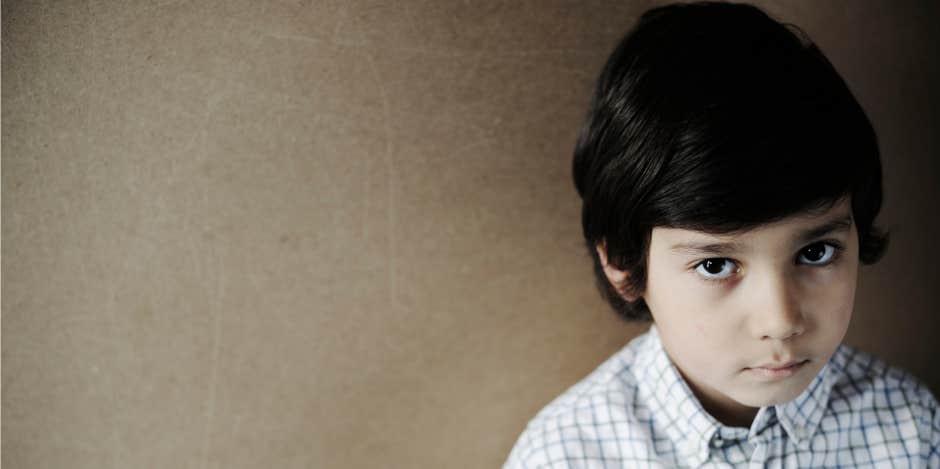How To Teach Traumatized Kids To Love
They may be scarred, but there is hope.

Susan Kuchinskas in her book The Chemistry of Connection wrote "loving isn't automatic." John Bowlby, the father of attachment stated that the first three years of life lay the foundation for all of other relationships in our life. Research also tells us that what the mother experiences during her pregnancy her developing fetus also experiences.
This development continues after the baby is born as it interacts with the mother and its environment. The enormity of the power of this relationship to do harm or good is overwhelming.
If things go well, the baby develops a regulatory system that allows for attachment and the development of a calm social/emotional brain. This template for regulation sets the foundation for a system that will be open and trusting of human interactions and valuing of self.
If things don't go well and there is trauma (which can be birth trauma, necessary medical procedures, difficult pregnancy, automobile accidents, falls, etc.), abuse or neglect, then the baby's regulatory system becomes stuck in an ongoing state of fear. The brain develops unsure of who is safe and who is not. This template for dis-regulation sets the foundation for an insecure personality that will be distrustful of human interactions and lack self-value.
However, that isn't the end of it for the traumatized, abused or neglected child because we now know that the brain has neural plasticity. This means that the brain has the ability to develop new circuits and learn new ways to respond. We know our attachment system is also open to learning.
However, along with the good news is the difficult news. In order to create a healing environment to re-wire the brain, caregivers need to understand a new paradigm to help them navigate the difficult behaviors children bring into a loving home. Because of our present lack of understanding the new brain research and applying it, children in foster care and some who are adopted experience placement failures reinforcing negative attachment circuits because the caregivers have not been trained to understand and help heal these behaviors. We do not understand that their challenging scary behaviors are a cry for the love they need.
My work with parents gives tools for navigating the choppy waters of working with the difficult behaviors of stressed or traumatized children. Through integrating the latest knowledge from science and the wisdom of Spirit we can create a new understanding of love and the power of relationships to help heal and grow a child to have a new template of worth and love.

